As an entrepreneur, you realize that you need to pull in extraordinary workers. What’s more, you need them to remain, in light of the fact that activity maintenance converts into benefits, since individuals are educated and they cherish what they do. The outcome? Spectacular client benefit. And…Jobfulfilment.
Read Also: 15 Employer Interview Techniques To Find The Best Employees 2019
1.Reasonable pay
A worker’s prime and the most important motive is to earn revenue and that is something that they stick by, in this business world, we all are looking forward
A reasonable pay to the employee will help them to justify their work and they will end up giving their 100% to the company which will definitely lead to the growth and betterment of the company in order to succeed.
A company or a business is only successful when their workers are happy and satisfied because it’s the workers or employee who
2. Acknowledgment.
Everybody has an influence in the organization’s prosperity. A promising and honest organisation makes the worker having more faith on organisation.
Pausing for a moment to recognize somebody, composing a card to say thanks on a Post-It, or beginning a Rubber Chicken Award can mean more than you know.
Never dither to offer credit to the individuals who merit it. A little praise to the top performer or the best employee will make that very person happy and this action will motivate other workers to work even harder to be in the lime light of the company.
3. Consider their Input
Everyone is talented in their own way, if the company
Be it the associate or any person of lower designation everyone’s suggestion should be given a thought. Everyone should be allowed to put up their part of suggestions and point of view in any aspect of the
e it the associate or any person of lower designation everyone’s suggestion should be given a thought. Everyone should be allowed to put up their part of suggestions and point of view in any aspect of the organisation.
This makes the workers or employee feel that it’s their company too not an organisation that they are hired to which only wants them to work and leave. The company should make them feel that it’s their very second home.
4. Unimportant poop
As
This makes the workers or employee feel secure and protected and also builds up trust and faith towards the company. It’s really very important to make sure that each and every little thing of the employee should be taken care the
Furthermore, confidence busters.
Read Also: 45 Motivational Quotes For Employees
6. Control
For a company to grow and succeed the most important priority is to make sure the work is done, the revenue is generated and the targets are matched. A company must have strict rules and regulations for the work and deadline of the work.
The more representatives feel they can assume
Your entryway is open on the off chance that they hit a tangle or need your info, yet something else, expect that they will convey, on time, without fail.
Your entryway is open on the off chance that they hit a tangle or need your info, yet something else, expect that they will convey, on time, without fail.
7. Assortment
As the word is improving very fast because the technology keeps improving day by day so it’s really important for employees to improve their skills according to the requirement of the market or adapt new methods for better growth as well.
If the company sets up trainings and tests that can be the learning part the will gain from the organisation. It tends to test think of new things for individuals to do, however everybody will value another test and the chance to handle it.
Weariness prompts withdrawal, an organization’s most noticeably bad foe. Ask workers what they’d like to do or learn. You might be excited with the outcomes!
8. Culture
The most joyful representatives coexist with their
9. Prizes
It’s a great way to make your employees happy, rewarding them with gifts and bonuses keep them motivated in order to do work better ahead, notwithstanding when the individuals didn’t all get along.
Motivating forces require
So rewarding them will be a good way to keep the employee and organisation relation healthy.
10. Pioneers
At the point when workers can regard and trust the initiative group, they feel secure. Pioneers who are open; can impart well; give fair reports; and tune in to workers are critical to work fulfilment.
Read Also: How To Give Positive Feedback To Employees
Being honest and giving fair regards or fair reports always attract the employee to be the part of the organisation as the gain trust and have full faith towards the organisation which make them responsible and will have respect for the organisation.
As an entrepreneur, the best thing you can improve the situation your workers is to furnish them with occupation fulfilment. When they are upbeat, they will effectively make the organization fruitful. At last, everybody wins.

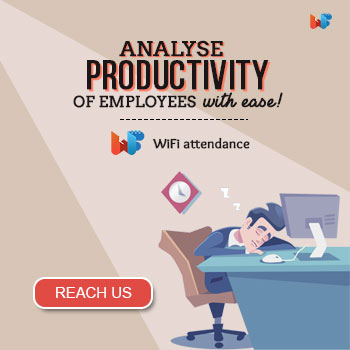
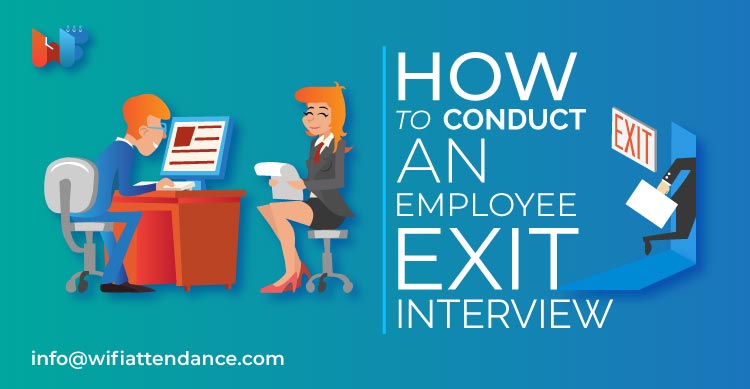
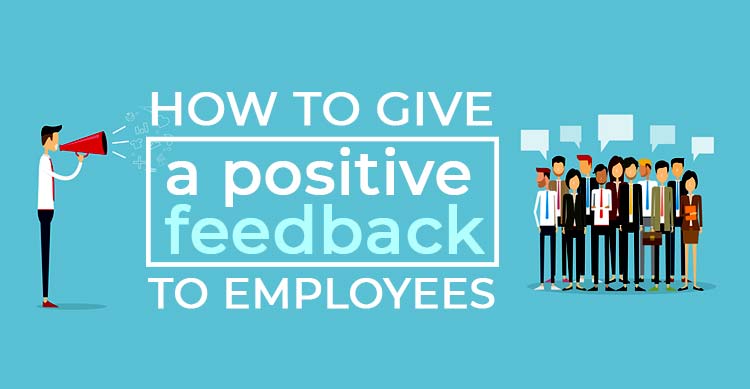
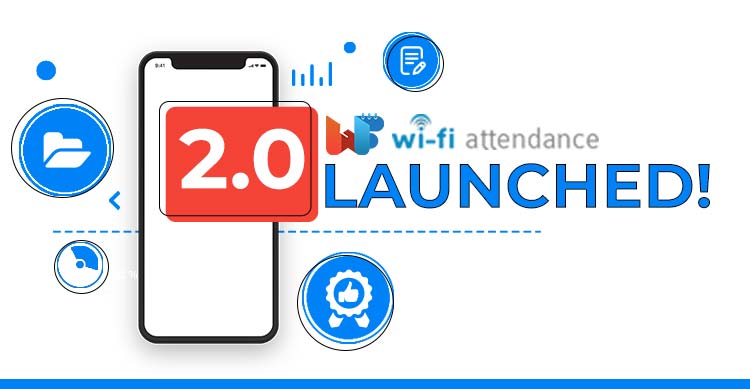



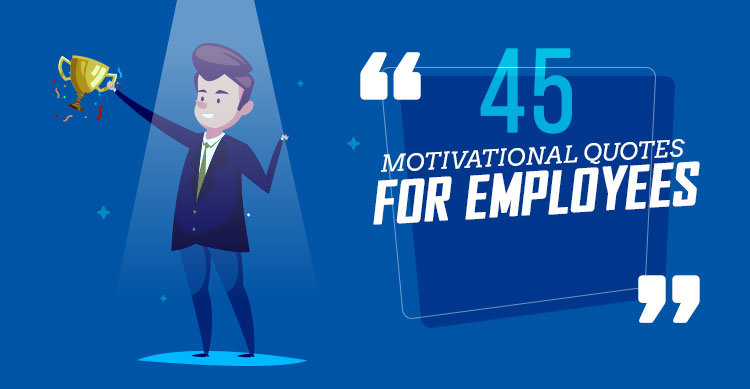
![7 Stages Of An Effective Employee Development Program [Infographic]](https://wp.wifiattendance.com/wp-content/uploads/2018/11/26-11-2018_7-stages-of-an-effective-Employee-Development-Program-Featured-Image.jpg)
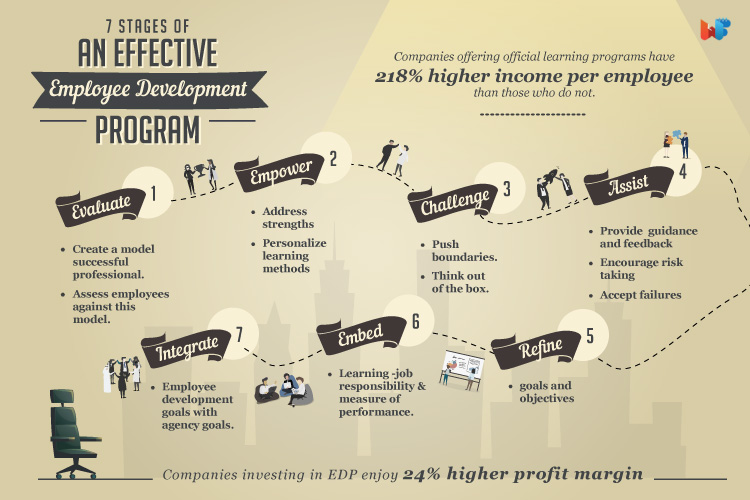

![How to Be a Better Employee in 2019 [19 Ways]](https://wp.wifiattendance.com/wp-content/uploads/2018/06/how-to-be-a-Better-Employee-2019.jpg)
